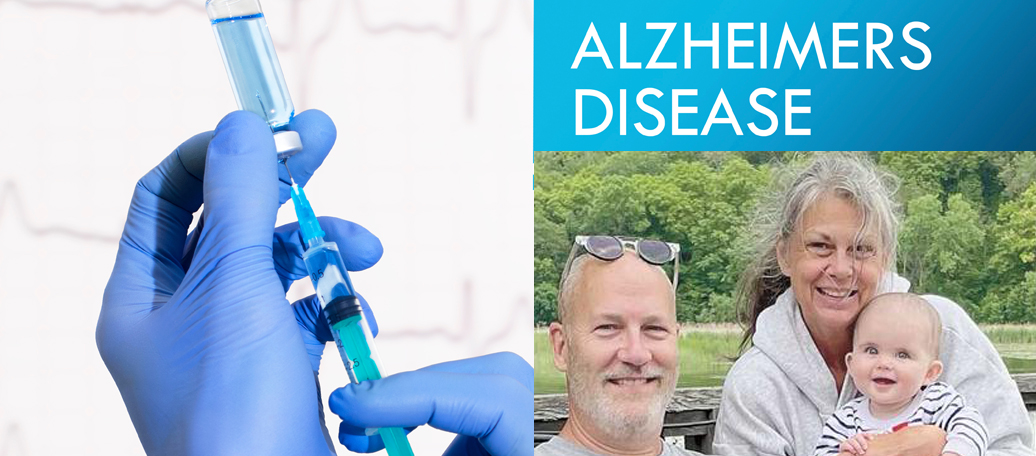Managing pain—especially after surgery or an injury—can be challenging, and many people worry about the risks of opioid medications. This concern is even greater for older adults, who may be more vulnerable to side effects and complications. Now, there’s a new option: Journavx, a non-opioid pain medication recently approved by the FDA.
What Is Journavx?
Journavx (suzetrigine) is a newly approved pain medication that works differently than traditional opioids. It belongs to a new class of pain medicine, the first of its kind in more than 20 years.
- What it does: Treats moderate to severe acute pain, such as pain after surgery or injury.
- How it works: Targets sodium channels in the peripheral nervous system, blocking pain signals before they reach the brain.
- Why it’s different: Unlike opioids, it does not carry the risk of addiction or overdose.
How It Benefits Seniors
For older adults, pain management can be complex due to potential side effects and interactions. Journavx offers several benefits for seniors: Continue reading A New Non-Opioid Pain Medication: What You Should Know About Journavx





